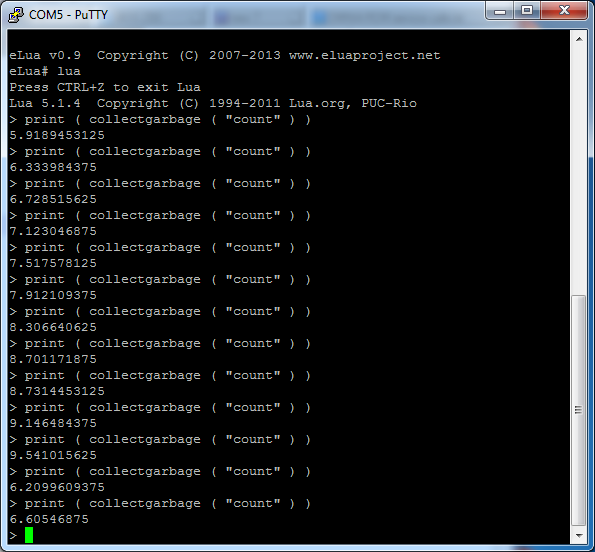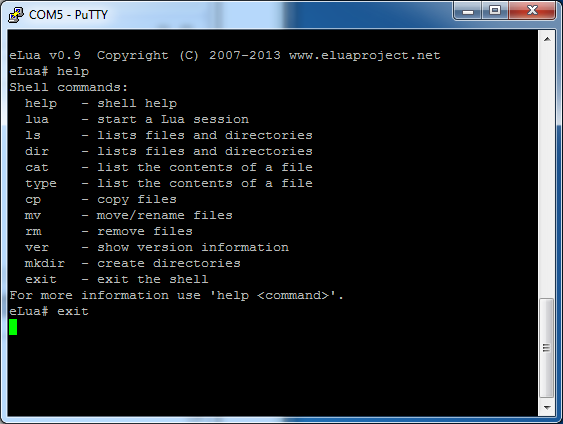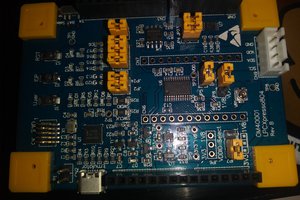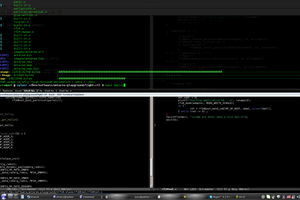This project will be a standalone project integrating/adapting the eLua firmware to run on a Netduino Plus 2 board. My original motivation was simply to evaluate Lua or eLua for use in another project, and simply because I have a few Netduino Plus 2 boards on-hand (based on the STM32F405 chip), I am using that as my evaluation platform.
Thinking this might also be of some use to others (maybe even for some other STM32-derived dev board), I am making this into a standalone project, and blogging the details as I go through the evaluation process. In the end I think it will result in firmware of functional utility similar to the original .NetMF-based firmware - just Lua. I.e., an high-level language environment for an arduino-compatible board.
 ziggurat29
ziggurat29


 Ian Shannon Weber
Ian Shannon Weber
 Necromant
Necromant
